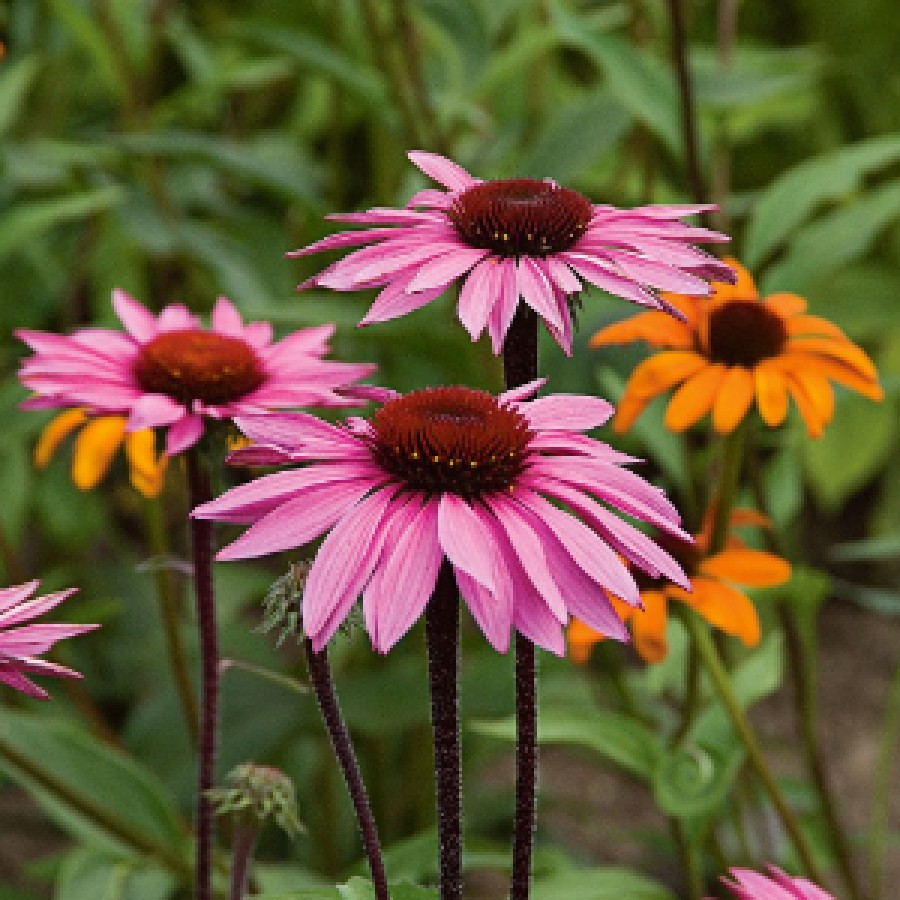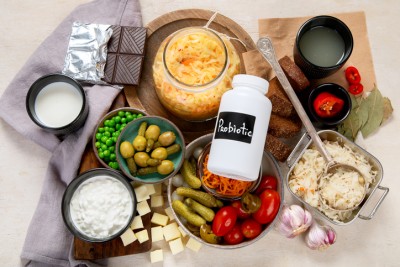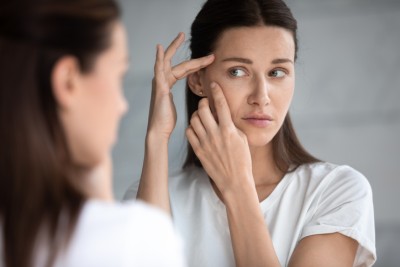Free shipping for orders over 39.00€
Echinacea, an herb “panacea” for the body

One of the most popular herbs used to protect the human body is echinacea, a powerful and beneficial plant, with origins from the other side of the Atlantic. Its use is widespread throughout the world, because every part of the plant, from the roots to the petals, is ideal for exploitation, as it is rich in vital nutrients.
Echinacea is a flowering plant, native to North America. Although native to the American continent -with hundreds of years of presence- its name comes from the Greek word "echinos" which means "thorny", due to the thorns that surround its pink and purple flowers and was baptized by scientists who studied it in early 19th century. There are nine different species of the plant, three have medicinal uses, but the most popular is "Purpurea" with its reddish-purple flowers.
American Indians were the first to discover the healing value of echinacea, who they used for over 400 years as a remedy for snake bites, wounds or infections, colic and other health disorders - until the advent of the antibiotics that overcame natural remedies for humans. However, echinacea remained popular during 18th-19th century and was gradually put under scientific study by universities and medical organizations in the USA, Germany and Great Britain, in order to prove its healing power. Echinacea is now widely cultivated in Europe as well, as it is one of the most popular and widely used herbs.
It could not have been done otherwise, since echinacea is a key ingredient in natural remedies for colds (syrups for coughs, candies for the throat) as well as natural food supplements.
Echinacea is also known for its antibacterial, antibiotic, antiseptic and anti-inflammatory qualities that help shield the immune system. The miracle plant helps strengthen the body's defenses, helps prevent the common cold while accelerating recovery, helping to reduce symptoms.
Echinacea’ s power is due to the active nutrients it contains: polysaccharides, alkyl amides, flavonoids, polyphenols, glycoproteins, vitamin C, selenium and zinc. Thanks to this "explosive" combination of substances, echinacea is extremely popular and many people enjoy it either as a tea drink or as a supplement.
The multiple benefits of echinacea ‘s use through supplements appear in different aspects of the human body.
That is, echinacea…
Strengthens the immune system: Echinacea is often referred to as a natural antibiotic, as it strengthens and stimulates the body's immune and lymphatic systems, which is why that is the first choice when our defense is against respiratory infections.
Treats the common cold and flu: Echinacea has been linked to a reduction in the onset, duration and severity of the common cold and flu, as well as their symptoms such as sore throat, pharyngitis, cough and fever.
Has anti-inflammatory action: Echinacea is a multitask tools against inflammations and infections. Colic, skin diseases (psoriasis, herpes, acne) but also burns, wounds, ulcers are treated with the help of echinacea. Furthermore, echinacea ‘s competence to strengthen the immune system, helps relieve the bladder from urinary tract infections or other related bacterial infections.
Provides antiseptic and antifungal action: Recent studies indicate that echinacea helps prevent skin aging.
It is certain, human’s need to go back to nature to nurture and heal his body is not a simple trend, but an inner need to improve life quality. However, to use echinacea we must follow some rules and precautions.
Echinacea is to be taken mostly precautionly during winter, but also when it needs to either reduce symptoms or the duration of a cold, within a maximum period of 8 weeks.
Additionally, although no recommended daily allowance has been set, overdose is likely to cause mild gastrointestinal upset, nausea and dizziness.
Echinacea is not indicated for people suffering from diabetes, liver disease, autoimmune diseases, as well as for patients receiving corticosteroids, cytotoxic and antiretroviral drugs.
Also, its use by children under 12 years old, pregnant women and breastfeeding women - as there is no evidence for the safety of use echinacea in these cases – should be recommended under medical supervision, while it should be used with caution by people with atopy or allergy to plants of the sunflower family.
Finally, it is important to remember that echinacea is subsidiary and does not replace other medical and therapeutic treatments, so where necessary, we should seek medical advice.
So, wait no more, ask your pharmacist, find which of the many pharmaceutical products suits your needs and fortify your body with the herb - panacea, echinacea!
Find here Echinacea Products- Supplements.






